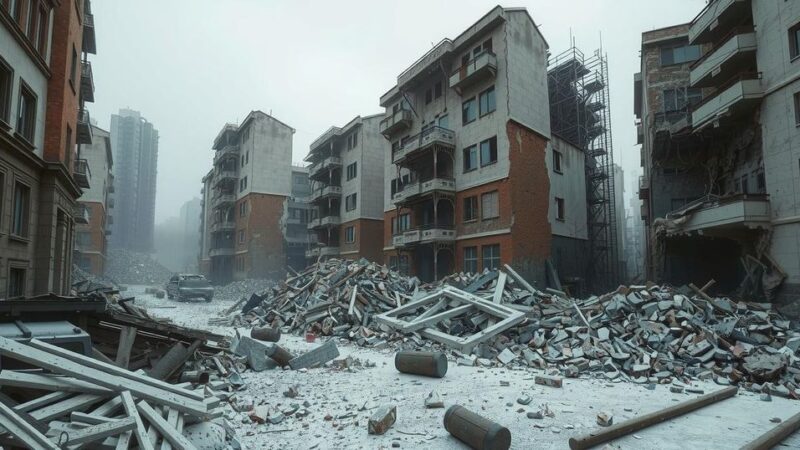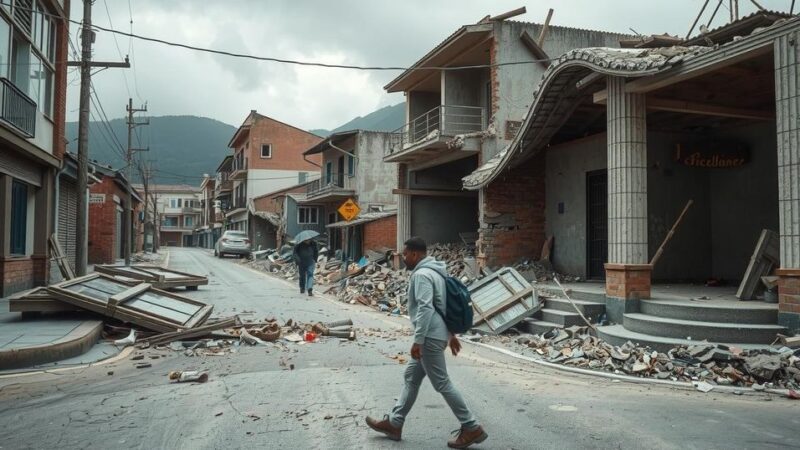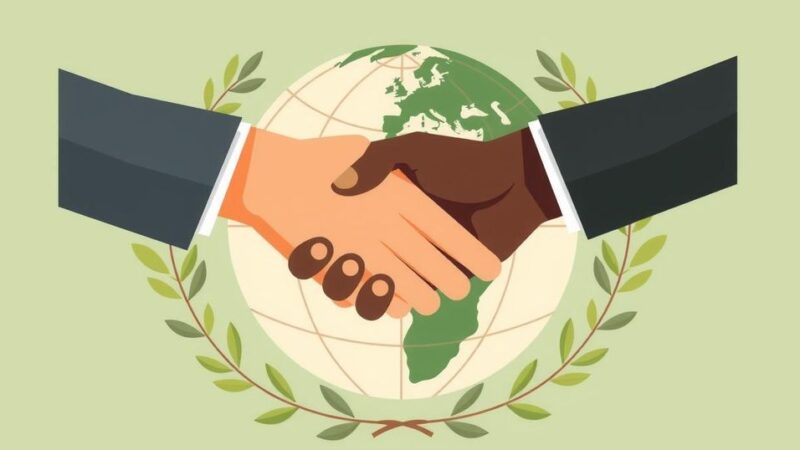Iran and the US have reported progress in nuclear talks, with a third discussion scheduled for April 26. Despite initial skepticism, Iranian officials describe recent meetings as constructive and communication appears to have improved. However, key issues, such as the nature of Iran’s nuclear program, remain unresolved as tensions between the two countries persist.
Iranian officials have reported progress in ongoing nuclear discussions with the United States. They aptly noted that the two nations are set to engage in a third round of talks on April 26, stemming from recent technical discussions. This new series of meetings appears essential given the significance of reaching a consensus on Iran’s nuclear aspirations and concerns over its enrichment programs.
The latest round of negotiations took place on Saturday, with senior officials Abbas Araghchi and US envoy Steve Witkoff meeting for about four hours at Oman’s embassy in Rome. Araghchi, Iran’s Foreign Minister, characterized the discussions as “constructive,” emphasizing a forward momentum. Meanwhile, no official statement from the US side has emerged regarding the meeting outcomes as of yet.
Iran’s foreign ministry indicated that future indirect, technical-level dialogues are anticipated prior to the more official gathering of officials later this month. “I hope that after next week’s technical sessions, we’ll be in a better position,” Araghchi remarked, adding a note of cautious optimism, as he expressed no desire for excessive enthusiasm or disappointment.
Al Jazeera’s James Bays, who has been covering these developments, noted that the Iranian delegation’s outlook was “very positive” despite initial skepticism about the talks. The decision to hold additional meetings suggests that negotiations may intensify, potentially paving the way for more significant breakthroughs.
The latest dialogues follow a prior set of talks in Muscat, marking the first high-level interaction between Iran and the US since Donald Trump’s withdrawal from the nuclear agreement in 2018. Both countries are navigating a tempestuous relationship, with Iran seeking clarity and consistency in the negotiation process.
That said, tensions remain high. Western nations, particularly the US, have long accused Iran of pursuing nuclear weapons—an assertion Tehran rebuffs, claiming its ambitions are purely peaceful. IAEA chief Rafael Grossi suggested that Iran is “not far” from acquiring a nuclear weapon, reiterating the international community’s concerns.
For context, US diplomatic relations with Iran have been in tatters since the 1979 Islamic Revolution. Following his January inauguration, President Trump reinstated stringent sanctions against Iran but extended an offer for negotiations, cautioning against military conflict should diplomacy falter.
Central to these discussions will be whether Iran can retain its civilian nuclear program or must dismantle it entirely, a sticking point amid the negotiations. Many believe the details will ultimately determine the success of this diplomatic effort, as both sides are yet to resolve the granular aspects of the agreement.
In conclusion, Iran’s recent indirect negotiations with the US suggest a tentative step toward potential agreement regarding its nuclear program. With further talks scheduled for next week and a general atmosphere of cautious optimism, both delegations are adjusting their strategies in light of ongoing diplomatic complexities. However, whether Iran will maintain its civilian nuclear capabilities, or if stringent demands will force a more fundamental reevaluation, remains a critical and unresolved question heading into upcoming sessions.
Original Source: www.aljazeera.com






